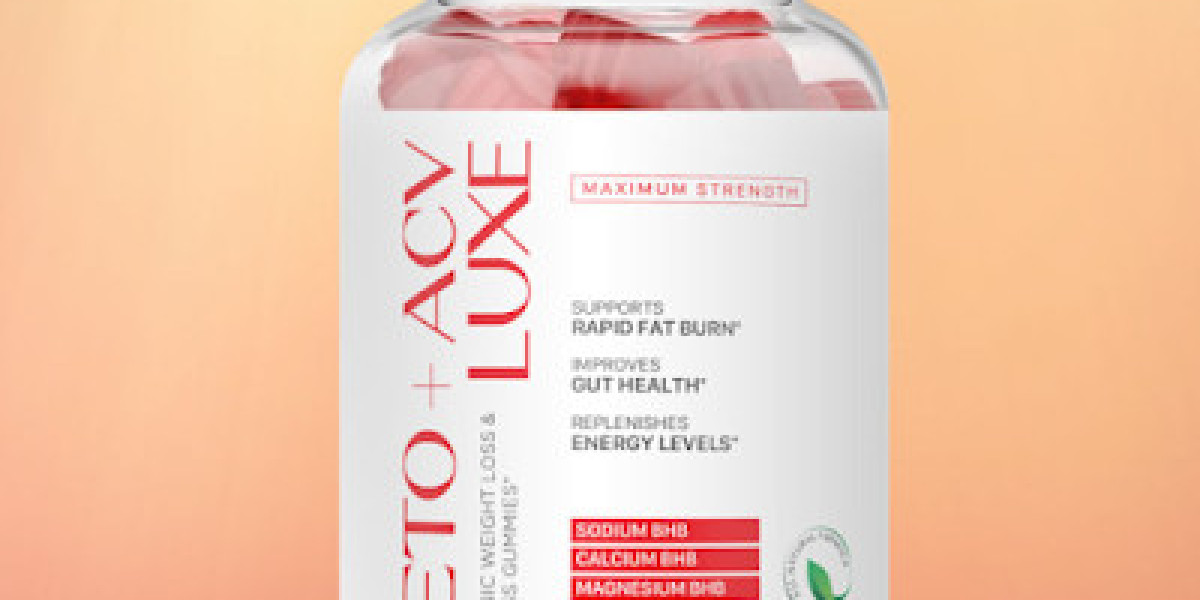Introduction
In the quest for flawless skin, derma rollers have emerged as a popular tool in skincare routines. From reducing acne scars to promoting collagen production, these devices offer promising benefits. This article dives deep into what derma rollers are, how they work, and how they can transform your skincare regimen.
What are Derma Rollers?
Understanding the Basics
Derma rollers, also known as microneedling devices, are handheld tools with a roller covered in tiny needles. These needles create micro-injuries on the skin's surface, stimulating the skin's natural healing process.
Key Components of Derma Rollers
Derma rollers consist of:
- Handle: Allows for easy maneuverability.
- Roller: Contains microneedles of varying lengths.
- Needles: Typically made from stainless steel or titanium.
How Do Derma Rollers Work?
The Science Behind Microneedling
Derma rollers work by creating controlled micro-injuries on the skin. These micro-injuries prompt the skin to produce collagen and elastin, essential proteins for skin elasticity and smoothness. This process also enhances the absorption of skincare products, maximizing their effectiveness.
Benefits of Collagen Production
Collagen production induced by derma rollers can:
- Reduce Fine Lines and Wrinkles: Improves skin texture and firmness.
- Minimize Scars: Helps fade acne scars and other blemishes.
- Even Out Skin Tone: Enhances skin radiance and clarity.
Choosing the Right Derma Roller
Factors to Consider
When selecting a derma roller, consider these factors:
- Needle Length: Varies from 0.25mm for beginners to 1.5mm for advanced users.
- Material: Stainless steel or titanium needles.
- Purpose: Specific rollers for acne scars, anti-aging, or general skin rejuvenation.
Safety Precautions
- Sanitization: Always disinfect the roller before and after each use.
- Frequency: Follow recommended guidelines to prevent skin irritation.
How to Use Derma Rollers
Step-by-Step Guide
- Cleanse Your Skin: Remove makeup and cleanse thoroughly.
- Prepare the Derma Roller: Disinfect with rubbing alcohol.
- Roll Gently: Divide your face into sections and roll horizontally, vertically, and diagonally.
- Apply Serums: Immediately apply skincare products for enhanced absorption.
- Clean and Store: Rinse the roller under warm water and store in a clean, dry place.
Post-Treatment Care
Nurturing Your Skin
After using a derma roller, prioritize these steps:
- Moisturize: Hydrate your skin to support healing.
- Sun Protection: Shield your skin from UV rays.
- Avoid Makeup: Refrain from wearing makeup for at least 24 hours post-treatment.
Frequency of Use
- Weekly: For general skin rejuvenation.
- Bi-Weekly: For more intensive treatments like acne scar reduction.
Potential Side Effects
Understanding Risks
While generally safe, derma rollers may cause:
- Redness: Temporary skin irritation.
- Dryness: Mild flaking or peeling.
- Infection: If not properly sanitized.
Consultation with Dermatologists
For individuals with sensitive skin or specific skin conditions, consulting a dermatologist is advisable before starting derma roller treatments.
Conclusion
Incorporating Derma Rollers into Your Skincare Routine
Derma rollers offer a non-invasive solution to various skincare concerns, promoting youthful and radiant skin. By stimulating collagen production and enhancing product absorption, they can significantly improve skin texture and appearance over time. Whether you're targeting acne scars, fine lines, or uneven skin tone, incorporating derma rollers into your skincare regimen could be the transformative step you've been looking for.














